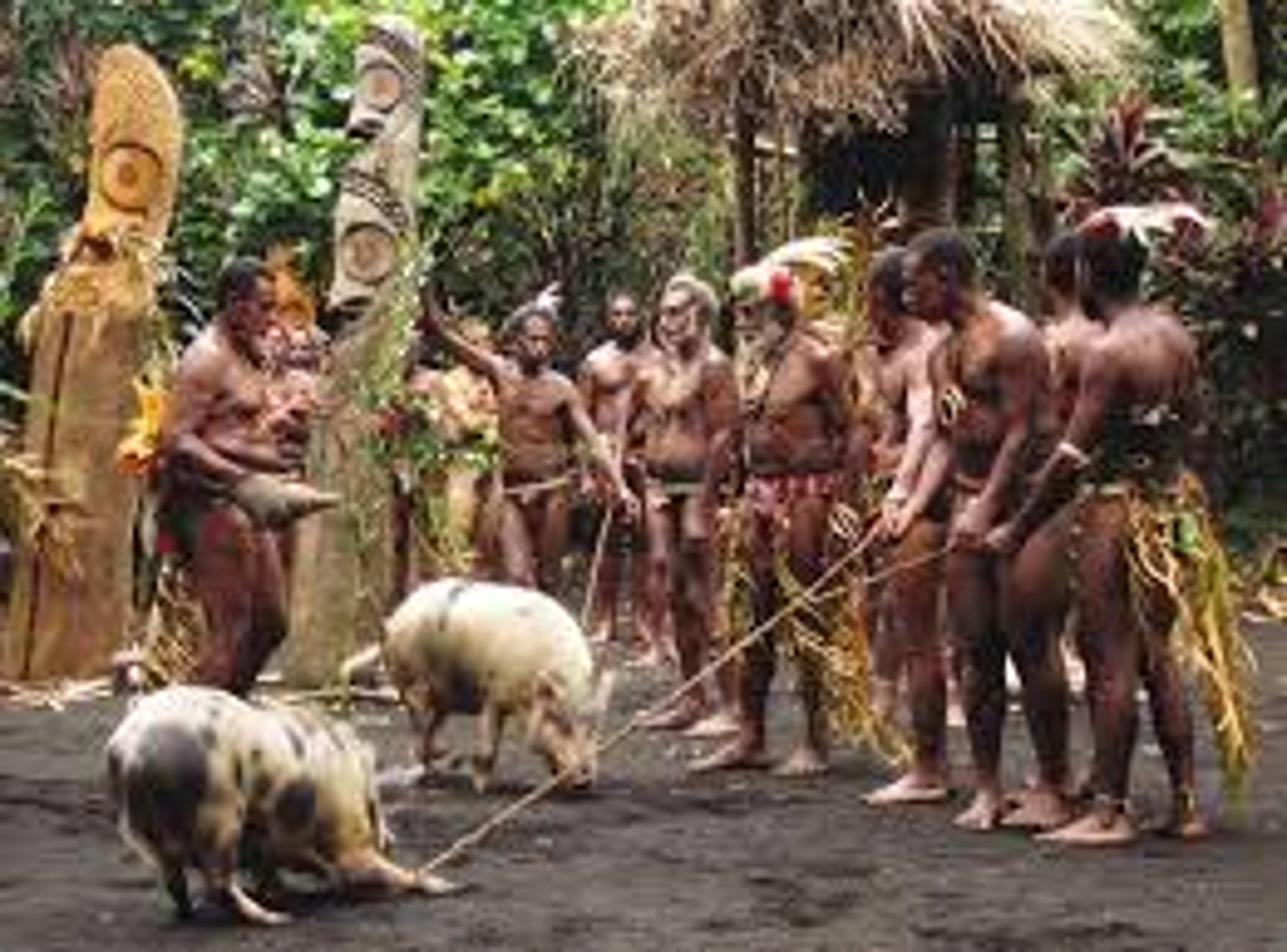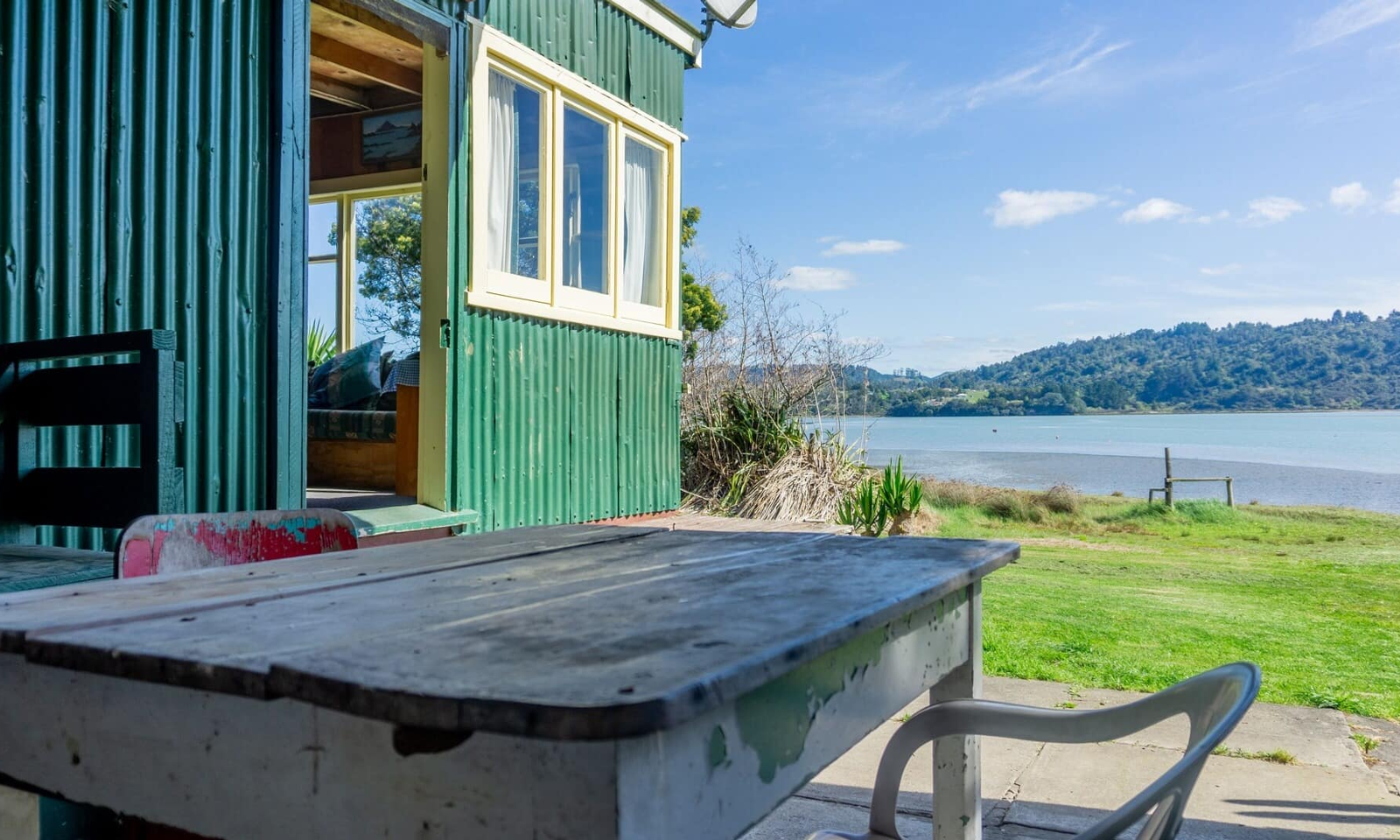

Saimone Latu (left) and Petani Fa'avae (right) advocate for community based solutions to tackle youth crime
Photo/Supplied
Boot camps will make youth offenders ‘smarter, fitter, stronger and faster’
Youth workers Saimone Latu and Petani Fa'avae are advocating for community approaches towards tackling young people in crime.



Holiday Classics: The sports films that bring families together

Memories over miles: South Aucklanders share their favourite holiday getaways



Ancient DNA shows how Pasifika carried pigs across the ocean

Holiday Classics: The sports films that bring families together

Memories over miles: South Aucklanders share their favourite holiday getaways

Youth workers are concerned the government’s boot camps for young offenders may build stronger and smarter criminals.
Saimone Latu and Petani Fa’avae run One Eighty Turn, a programme which helps troubled Tongan youth, using their own experience of going through the justice system themselves at a young age.
During the 1990s, Latu’s cousins were involved in a similar boot camp held at Waikeria.
“A lot of them went in unfit, out of shape and they’d come out of there looking like soldiers. They were fitter and they were more physically able to do riskier crimes and things like that.”
Under the Government’s 100-day plan, Young Offender Military Academies is scheduled to begin in Palmerston North at the end of this month.
The academies are aimed at 14 to 17 year olds who have had two offences punishable by imprisonment of 10 years or more, and the goal is to reduce serious youth reoffending by 15 per cent.
Despite the criticism the programme has received, Latu said there are positive outcomes for some young people, but still doesn’t think it’s the best solution to stem reoffending.
“I don’t think I’ve met anyone, any success story that has come out of that regime from that time. All the youths that I knew at that time in my era became career criminals. Smarter, fitter, stronger, faster.”
With plans to crack down on crime, the coalition government also announced $1.9 billion for more frontline Corrections officers and more prison capacity.
This includes 685 new frontline staff at Corrections, an 810-bed extension to Waikeria prison and $78 million to extend rehabilitation programmes for prisoners on remand.
In response to the government’s plans, Latu said the money is better invested elsewhere.
“Most of the criminal fraternity, the kids have no education, no formal education and that’s simply for the fact that they learn differently and quite often that’s not picked up in the schools.
“If they come in at a Plunket level to identify problems in homes and families, they could pick things up earlier and by the time they come into the schools, there are measures put in place to help those kids be on a better pathway.”
The duo encourage more local community solutions to address issues such as youth crime.
Speaking to William Terite on Pacific Mornings, Fa’avae said although their programme is targeted at Tongan youth, they often work together with the wider Pacific community.
“It's not just a six-week, eight-week relationship. It's a lifetime journey for us. So we're doing everything we can to ensure that we're a constant presence in these kids' lives.
“Right now we're doing a lot of mentoring, just helping them, guiding them through some of the tricky situations they find themselves in and helping them explore other options.
“It's not just the gangs out there that they can turn to, even though it seems quite an obvious choice for a lot of kids. We just felt like that our life experiences could go to some use in giving back.”
Watch the full interview on Pacific Mornings: